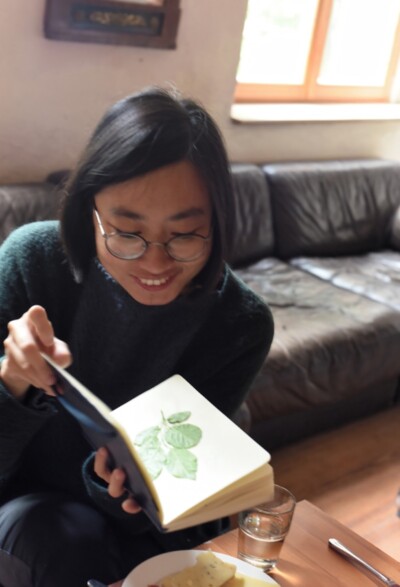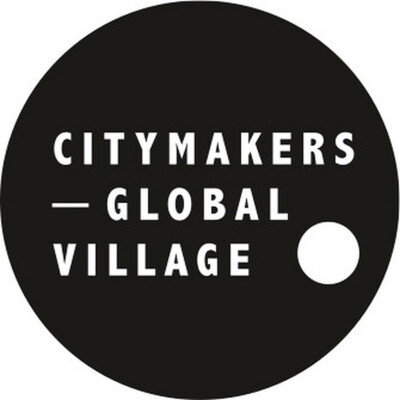
Zhen ZHANG started working in the German-Chinese context in Shanghai. Between 2008-2010, her focus was the planning of bamboo pavilions used for the touring exhibition “Germany and China – Moving ahead together”, which developed further into the “German-Chinese House” at the World Expo Shanghai 2010. Between 2011-2013, she was an architect with von Gerkan, Marg und Partner.
Her further study pursuit at RWTH Aachen culminated with her master design “Isle of Islay – Nature Observatory: Remembrance of a Forgotten Treaty between Man and Nature”, which received the BDA-SARP-Award 2016 and a nomination for the Euregional Prize (EAP). Between 2015-2017, she worked as assistant editor at ARCH+ Aachen and curated the Exhibition “Planetary Urbanism” in the German Pavilion at the UN Habitat III Conference in Quito.
From 2017 to 2020, she worked as Research and Teaching Assistant at the Department of Theory of Architecture, RWTH Aachen. From time to time, she contributes to CITYMAKERS as freelance editor.
What do you value in being part of the CITYMAKERS China-Europe network?
Zhen Zhang: “I value CITYMAKERS as:
- an overview and barometer of ongoing tendencies, topics and actions taking place
- a network bringing together actors and thinkers from various fields
- a platform which enables exchange beyond boundaries and circumstances”
What does city making mean to you?
“I understand city making as:
- to set focus on the everyday life and create, with meticulous effort, well-balanced environments, for both the collective and the individual, with the possibility to let individual needs and developments unfold
- to highlight good practices and generate knowledge as orientation for further relevant actors, in order to generate greater benefits, when comparable and applicable
- to focus always on specific local conditions whilst keeping in mind bigger contexts
- to reflect on city living: under what condition it is enabled and what impact it has to the land, to global logistics and networks, to the environment; what could be improved and what should be adjusted”
